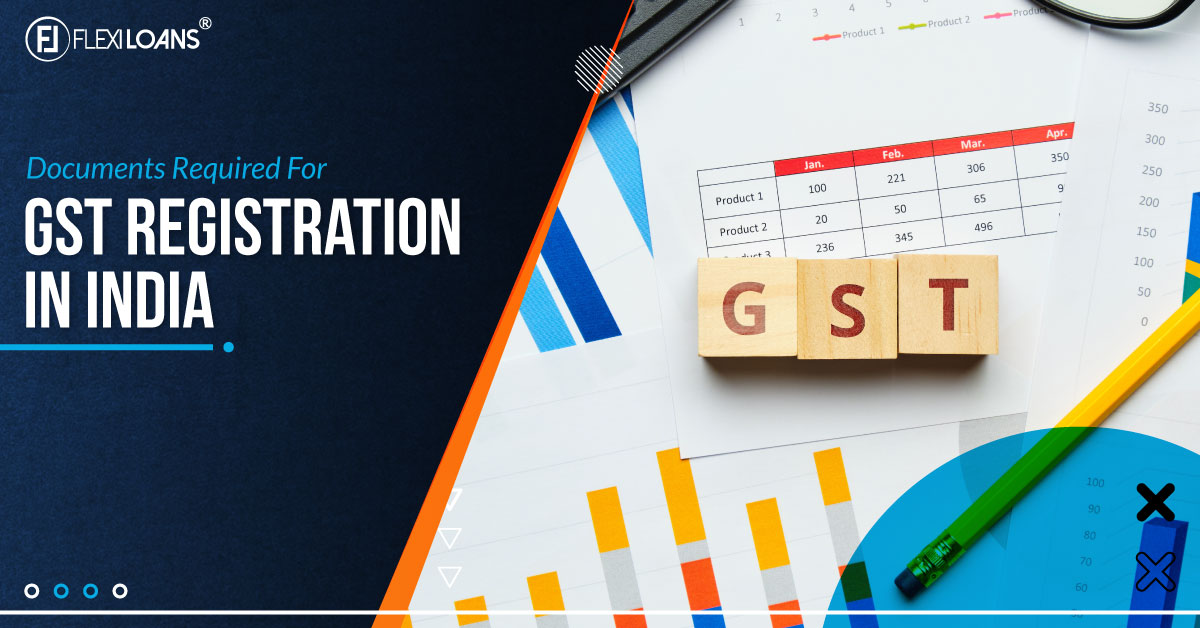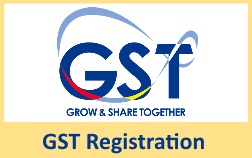How to Navigate Singapore GST Registration for Your Company
How to Navigate Singapore GST Registration for Your Company
Blog Article
Navigating the Intricacies of GST Enrollment: Specialist Tips and Ideal Practices for Smoother Conformity
From understanding enrollment requirements to taking advantage of technical tools for structured procedures, the journey in the direction of smoother GST conformity is nuanced and complex. Remain tuned to reveal vital methods and understandings that can aid companies guide via the complexities of GST registration with skill and self-confidence.
Recognizing GST Enrollment Requirements

In addition to turn over thresholds, companies engaging in interstate sales or giving taxable solutions may also be called for to sign up for GST, even if their turn over is below the prescribed restriction (Singapore GST Registration). Comprehending these thresholds and needs is vital to prevent penalties and make certain smooth operations within the lawful framework
In addition, services should collect and prepare the essential documentation, such as proof of identity, address, company consolidation, and checking account details, prior to starting the GST enrollment process. Stopping working to provide precise details or meet the enrollment deadlines can lead to penalties or other lawful consequences. Services should stay educated about the certain GST enrollment requirements suitable to their procedures to maintain conformity and prevent potential problems.
Organizing Crucial Documentation
Companies beginning on the GST enrollment procedure must meticulously put together and arrange the crucial documentation required for submission. The essential papers commonly required for GST enrollment consist of evidence of company registration or identification, unification and address evidence of the business proprietors or companions, savings account details, proof of principal place of business, and authorization forms. Ensuring that these documents are conveniently offered and arranged can streamline the enrollment procedure and stop denials or hold-ups.
To successfully organize vital documentation, businesses need to develop a central system for storing and classifying the needed documents (Singapore GST Registration). Utilizing electronic storage solutions can aid preserve easy accessibility and make sure that files are securely saved. Furthermore, developing a list of all required records can act as a useful device to track what has been gathered and what is still required for submission

Leveraging Technology for Efficiency
Enhancing operational effectiveness through technical integration is extremely important for contemporary businesses browsing the complexities of GST registration. One of the vital ways technology can help in GST registration is with the usage of automated software program options.
Additionally, innovation can promote smooth interaction with tax authorities. Online portals and interaction devices allow organizations to send papers, deal with queries, and obtain updates in a more efficient fashion. This not just quickens the read registration procedure but also assists in preserving reputable and clear interaction with the appropriate authorities.
Additionally, cloud-based storage options provide a safe and secure system for services to shop and accessibility their financial data, guaranteeing conformity with GST record-keeping demands. By centralizing information storage space and automating processes, companies can improve their overall effectiveness and precision in GST enrollment procedures.
Proactive Conformity Monitoring

To ensure effective aggressive conformity monitoring, businesses need to develop robust internal controls, conduct routine audits, and utilize automation devices for real-time tracking of GST purchases. Routine training sessions for staff members on GST compliance requirements can also help in producing a society of compliance within the organization. visit this site In addition, involving with tax obligation experts or experts can give useful understandings and advice on browsing complex GST guidelines.
Engaging With Professional Professionals
Engaging experienced tax professionals can substantially reinforce a firm's understanding and conformity with complex GST guidelines. Specialist specialists bring a wealth of expertise and experience to the table, assisting companies navigate the complexities of GST enrollment effortlessly. By leveraging their know-how, companies can make sure accurate filings, minimize the danger of mistakes, and stay current with the current governing modifications.
When engaging with expert professionals, it is crucial to choose specialists with a solid track record in GST compliance (Singapore GST Registration). Search for specialists that have a deep understanding of the appropriate regulations and guidelines, along with experience dealing with businesses in your industry. Reliable communication is vital in this collaboration, so see to it to clearly specify your expectations and establish routine touchpoints to go over progress and deal with any type of worries
Furthermore, expert professionals can give useful insights and guidance on optimizing your tax strategy, identifying possible cost-saving opportunities, and streamlining your compliance procedures. In general, purchasing expert working as a consultant solutions can go a long method in guaranteeing smoother GST compliance and avoiding expensive mistakes.
Final Thought
In conclusion, navigating the intricacies of GST registration requires a thorough understanding of the requirements, organization of vital documentation, leveraging modern technology for effectiveness, proactive compliance tracking, and interaction with professional professionals. By adhering to these finest methods, organizations can ensure smoother conformity with GST guidelines and stay clear of possible penalties or penalties. It is important to remain informed, aggressive, and thorough in managing GST registration to preserve conformity and maintain financial stability.
To ensure compliance with tax obligation guidelines, organizations have to completely understand the complex needs for GST enrollment. Item and Services Tax Obligation (GST) is a value-added tax obligation imposed on the majority of products and services in a nation, making it vital for businesses to Clicking Here sign up for GST to avoid legal effects.Furthermore, organizations need to collect and prepare the necessary paperwork, such as evidence of identity, address, organization unification, and financial institution account details, before starting the GST enrollment process. Companies should stay educated about the particular GST enrollment demands appropriate to their procedures to keep compliance and avoid prospective problems.
The essential documents typically required for GST registration consist of evidence of company enrollment or unification, address and identity proofs of the business owners or companions, bank account information, evidence of principal area of service, and permission forms.
Report this page